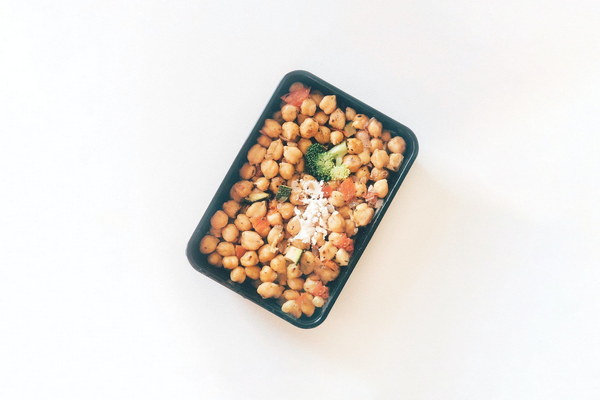The Myth of Prenatal Supplements Why You Don't Need Them During Pregnancy
Pregnancy is a time of immense transformation, both physically and emotionally. It's also a time when expectant mothers are bombarded with advice, much of which revolves around the importance of prenatal supplements. However, the question arises: Do pregnant women truly need these supplements, or is it just another myth? In this article, we'll delve into the topic and explore why, in many cases, pregnant women do not need to take prenatal supplements.
Firstly, it's essential to understand the primary purpose of prenatal supplements. These supplements are designed to provide essential nutrients that may be lacking in a pregnant woman's diet, such as folic acid, iron, calcium, and vitamin D. While these nutrients are indeed crucial for the development of the fetus, the assumption that every pregnant woman needs supplements is unfounded.
The first nutrient we'll discuss is folic acid, which is vital for preventing neural tube defects in the developing fetus. While it is true that folic acid is essential, the recommended daily intake of 400 micrograms can typically be obtained through a well-balanced diet. Foods rich in folic acid include leafy green vegetables, beans, lentils, and fortified cereals. Moreover, many women already consume folic acid in their preconception phase, which means they may already have sufficient levels in their bodies.
Next, let's talk about iron. Iron is essential for the production of hemoglobin, which carries oxygen to the fetus. However, it is a myth that pregnant women need more iron than non-pregnant women. In fact, the recommended daily intake of iron for pregnant women is only slightly higher (27 mg) than that for non-pregnant women (18 mg). Foods rich in iron include red meat, poultry, fish, beans, lentils, and fortified cereals. Additionally, consuming vitamin C-rich foods, such as oranges and strawberries, can enhance iron absorption.
Calcium is another nutrient often cited as a necessity during pregnancy. However, the recommended daily intake of calcium for pregnant women is 1,000 milligrams, which can be obtained through dairy products, leafy green vegetables, and fortified foods. It's important to note that excessive calcium intake can lead to kidney stones and other health issues, so it's best to consult with a healthcare provider before increasing calcium intake.

Vitamin D is also a common prenatal supplement, but the truth is that many women can obtain sufficient amounts of vitamin D from sunlight exposure. The American Pregnancy Association recommends that pregnant women get at least 10 to 30 minutes of midday sun exposure daily, which can help the body produce adequate vitamin D. Foods rich in vitamin D include fatty fish, fish liver oils, egg yolks, and fortified milk and cereals.
In conclusion, while prenatal supplements are essential for some women, it's not a one-size-fits-all solution. Many pregnant women can obtain the necessary nutrients through a well-balanced diet. Before starting any prenatal supplement regimen, it's crucial to consult with a healthcare provider to determine if you are at risk of deficiency and if supplements are necessary for your individual health needs.
By focusing on a nutritious diet, pregnant women can ensure they and their baby receive the essential nutrients they need without the risk of adverse effects associated with excessive supplement intake. Remember, the key to a healthy pregnancy lies in a balanced diet, regular prenatal check-ups, and open communication with your healthcare provider.









